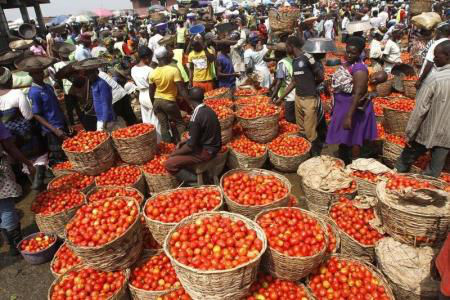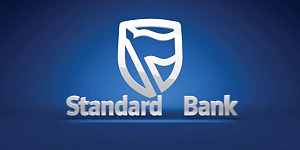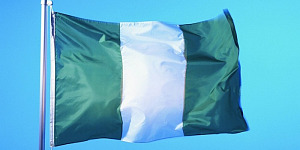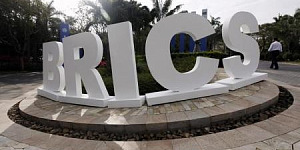Nigeria’s annual inflation moved to the highest rate in almost 11 years in June, complicating the task of the Central Bank of Nigeria (CBN).
The National Bureau of Statistics based in the capital, Abuja in a statement said the inflation rate in Africa’s largest economy increased to 16.5 percent from 15.6 percent in May.
This is the highest rate since October 2005 as the rise reflected higher prices for electricity, transport and food.
According to the International Energy Agency,Nigeria imports at least 70 percent of its refined fuel, despite pumping 1.6 million barrels of crude a day in June.
The West African nation also faces fuel shortages as retailers struggled to get foreign currency to buy product during a 15-month currency peg that was removed last month.
The International Monetary Fund had announced earlier this month, Nigeria’s economy could contract for the first time in more than two decades this year as a fall in oil revenue and electricity shortages weigh on output.
Gross domestic product contracted by 0.4 percent in the three months through march as the currency, naira peg and restrictions on trading foreign currency led to a shortage of dollars.
The CBN which kept its benchmark rate at 12 percent in May, will announce its next policy decision on July 26.
Nigeria’s inflation has increased consistently since October 2015.








































